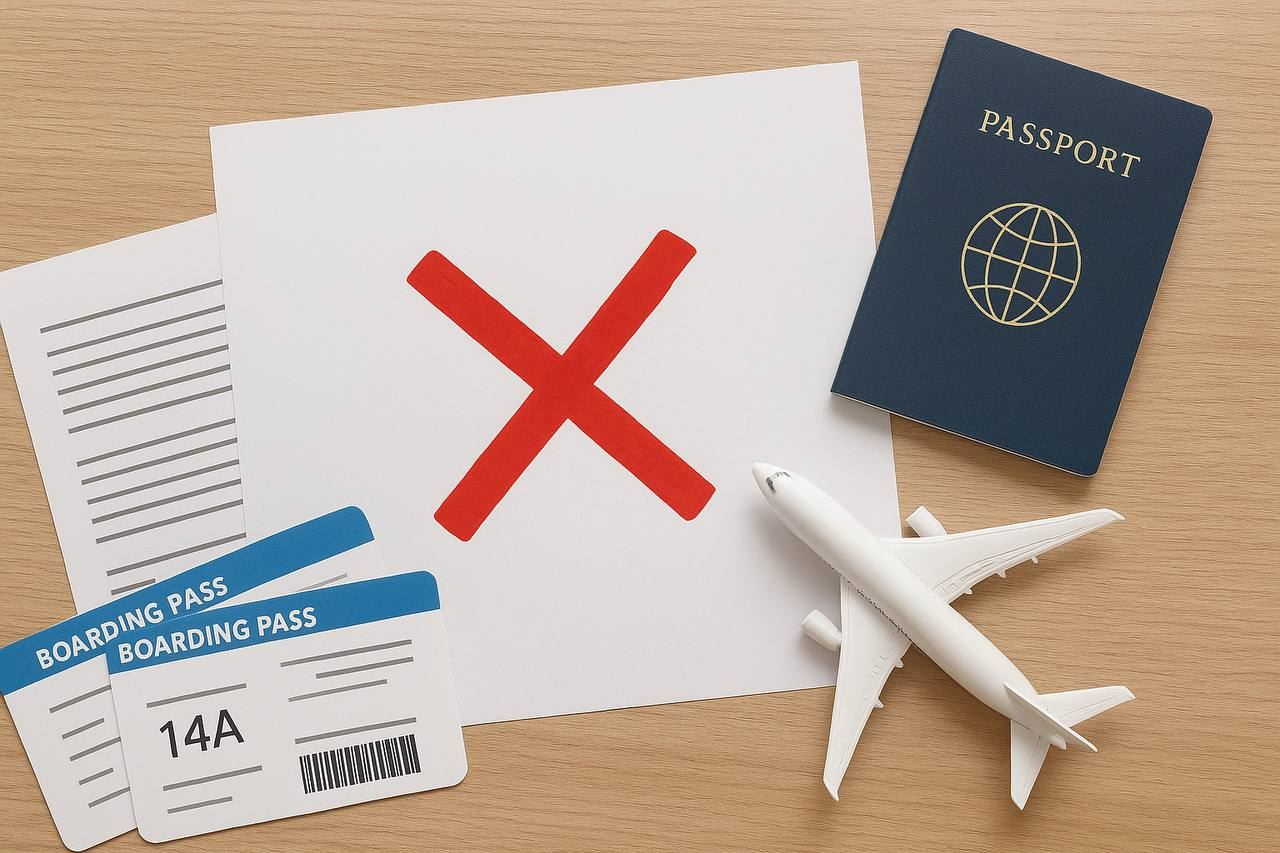

Top 5 Mistakes Students Make When Applying Abroad on Their Own
Applying to a university abroad on your own is an ambitious goal — and one that deserves respect. But as practice shows, sheer determination and strong grades aren’t always enough. Even the most motivated applicants can trip over hidden pitfalls that lead to rejection.
If you’re serious about turning your dream into reality — and avoiding these critical slip-ups — this guide is for you.
The 5 common (but overlooked) mistakes international applicants make:
- Underestimating university requirements
- Choosing the wrong program or school
- Misjudging your own abilities
- Struggling with self-organization and discipline
- Submitting a weak personal statement
1. Underestimating university requirements
Many students assume the list of documents and admission conditions are more or less the same everywhere. Spoiler alert: they’re not. Every university — sometimes even within the same country — has its own rules, quirks, and expectations. These differences can be huge, and they don’t just cover transcripts or entrance exams. Think of details like the structure of your personal statement, whether a portfolio is mandatory, or how test results need to be submitted.
Examples:
- Oxbridge and other top UK universities often require special admission tests for certain fields — like the LNAT for Law or UCAT for Medicine and Dentistry.
- The University of Minnesota asks international applicants for a full record of all high school courses (grades 9–12), reported exactly as they appear on the transcript. And if the documents aren’t in English? A certified word-for-word translation is required.
For international students, the challenge is even greater: requirements are often buried in fine print or written in dense, bureaucratic language. It’s all too easy to miss a detail — and that single oversight can cost you your place.
2. Choosing the wrong program or university
Another common mistake: picking a school based only on prestige or a shiny spot in global rankings. The problem? A program may be called “Computer Science”, but what that actually means in practice can vary wildly. Some universities emphasize theory, others lean heavily into hands-on projects, teamwork, or communication skills.
If you don’t take the time to check whether the program truly matches your long-term goals, you risk disappointment, wasted tuition fees, and years spent studying something that doesn’t take you where you want to go.
3. Misjudging your own abilities
This mistake can go both ways — it might be overconfidence, or it might be selling yourself short. On one end of the spectrum, a student decides they must get into a “top-10” university, without factoring in just how fierce the competition is and whether their academic background realistically stacks up. On the other end, someone chooses a “safer,” less demanding school even though they could have easily aimed higher and landed in a stronger, more promising program.
Either way, the result is the same: untapped potential. In the first case, rejection letters pile up. In the second, the student spends years in a program that doesn’t challenge them enough — or help them reach their long-term goals.
Example:
- At leading U.S. universities, successful applicants’ GPAs are often sky-high. Ivy League schools, for instance, usually see admitted students with GPAs around 3.9–4.0 on the 4-point scale. A candidate with a 3.5 GPA might still be strong, but expecting an Ivy acceptance without other standout factors can be a serious overestimation.
Realistically assessing your own chances is one of the hardest parts of the process — especially for first-time applicants. A professional consultation can help you map out your academic strengths, language skills, motivation, and leadership qualities, and then match that profile against the requirements of specific universities.
4. Struggles with self-organization and discipline
Applying to study abroad isn’t just a paperwork exercise — it’s a long, demanding, and often stressful journey. To get through it successfully, you’ll need strong motivation and rock-solid self-discipline.
Here’s just a taste of what you’ll be juggling:
- Researching suitable programs
- Prepping for language exams
- Collecting and translating transcripts
- Drafting essays and personal statements
- Applying for visas
- Tracking (and not missing!) multiple deadlines
This workload can drag on for months, and it requires careful time management. The initial excitement wears off quickly, and what’s left is routine: practice tests, endless forms, and tedious details. That’s when many students lose momentum. Some procrastinate until deadlines slip by; others burn out altogether.
Example:
- A recent study from Brown University found that about 24% of applicants — that’s nearly one in four — started their university applications but never finished. One of the main stumbling blocks? Writing the essays.
Keeping yourself motivated and on track is no small feat. If you’re not 100% sure you can stick it out on your own, it’s often smarter to get outside support — someone who can keep you accountable, break down the tasks, and guide you all the way through to a successful admission.
5. Weak personal statement
Last but definitely not least: the personal statement. In many cases, this essay is the deciding factor between two applicants with almost identical grades. The one who manages to sound more motivated — at least on paper — often gets the offer.
The tricky part? Writing a compelling statement is much harder than most students expect. It’s not just about listing your achievements — you have to connect them to your future goals, your interests, and the values of the university itself. For many applicants, it takes weeks of rewriting to distill their story into just a few persuasive paragraphs.
That’s why so many students turn to professionals who understand exactly what admissions committees are looking for. With the right guidance, you can save precious time, avoid unnecessary stress, and craft a statement that truly sets you apart — giving you a real edge in the competition.
How We Can Help You Study Abroad
At Education Explorer, we’re here to make your dream of studying abroad a reality. A personal consultation with one of our experts gives you:
- a full evaluation of your profile (grades, language skills, extracurriculars, etc.) to understand your chances of admission,
- an overview of the education systems in the countries you’re considering,
- clear answers to your questions about applications, studying, and living abroad,
- a step-by-step action plan — which exams to take, which documents to prepare, and how we’ll support you at every stage of the journey.
Don’t gamble with your future. Book your consultation today.
You can submit a request through your personal account, on the page of your chosen university, or simply email us at support@ed-ex.com.
All About Education Abroad and Beyond


How do I apply for a Bachelor's degree through ED-EX.com?


